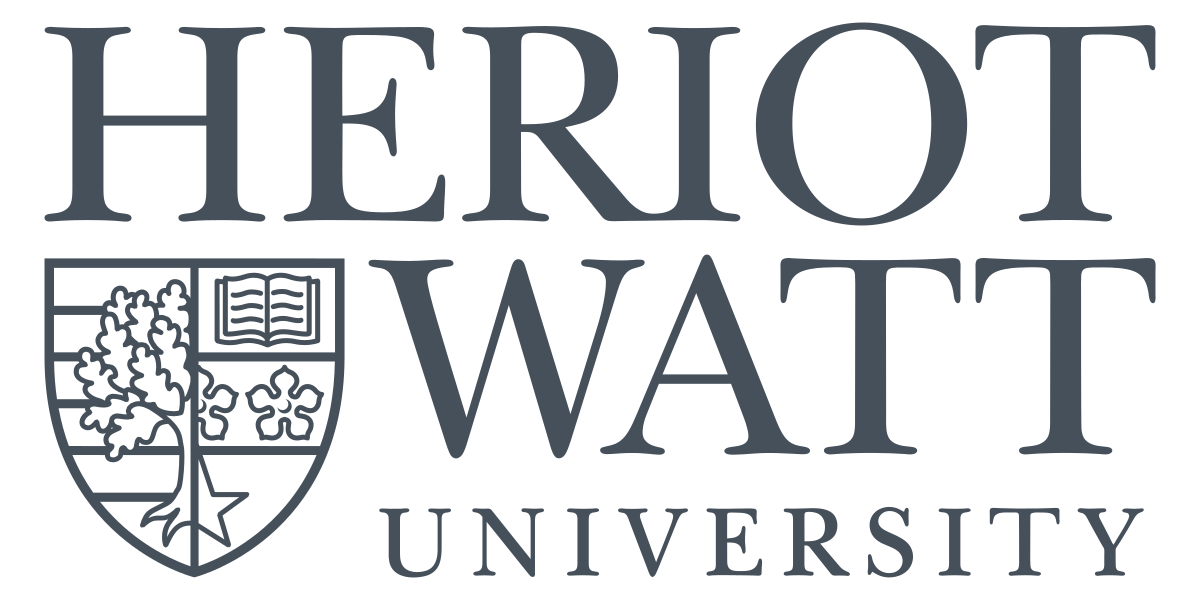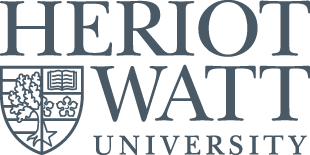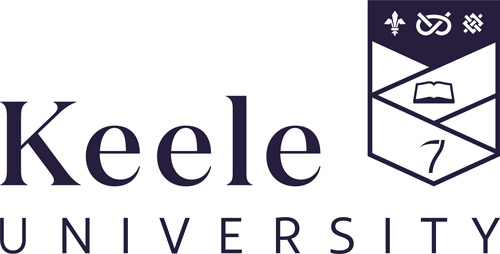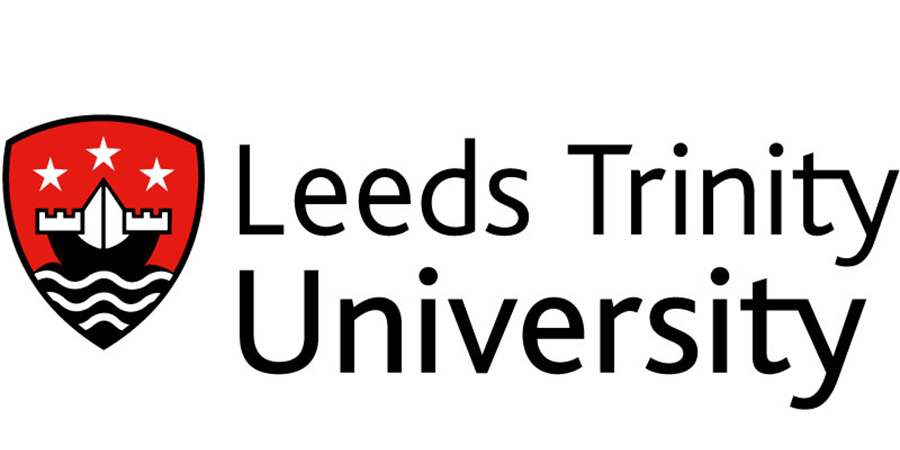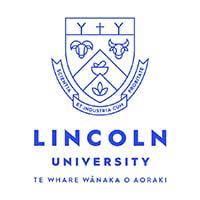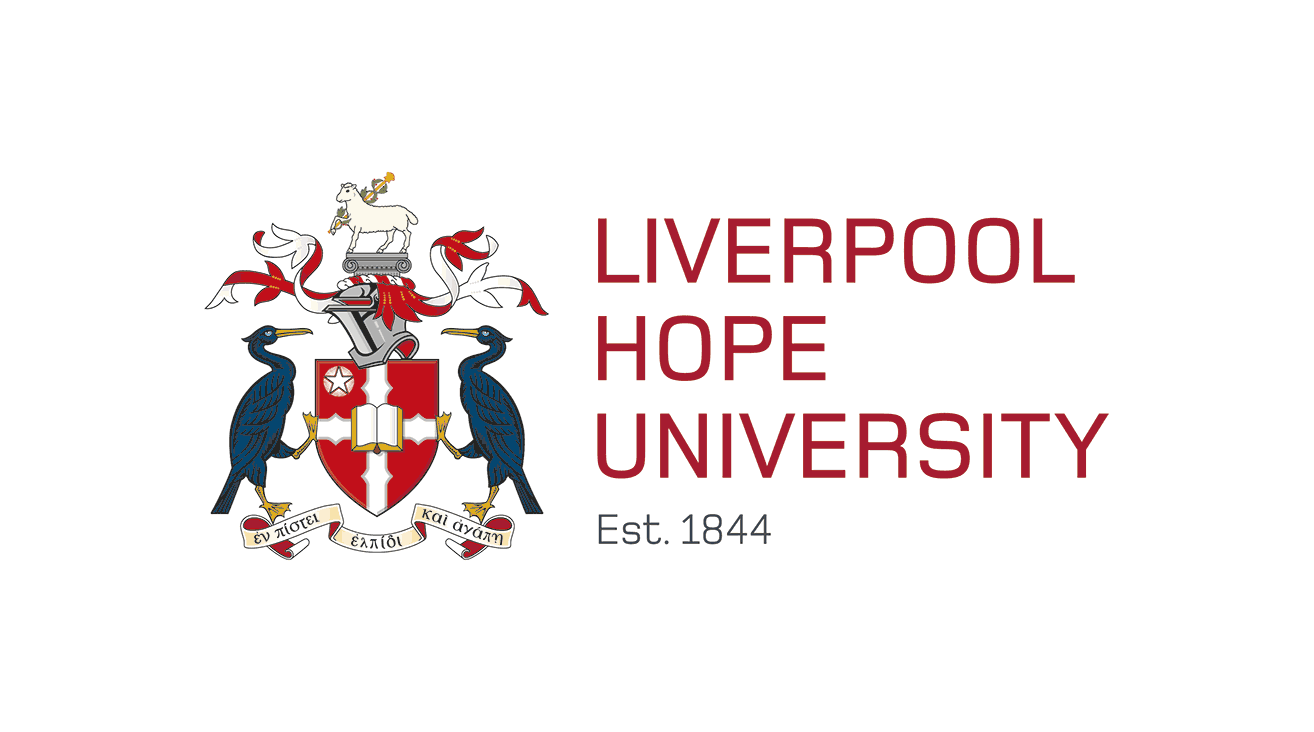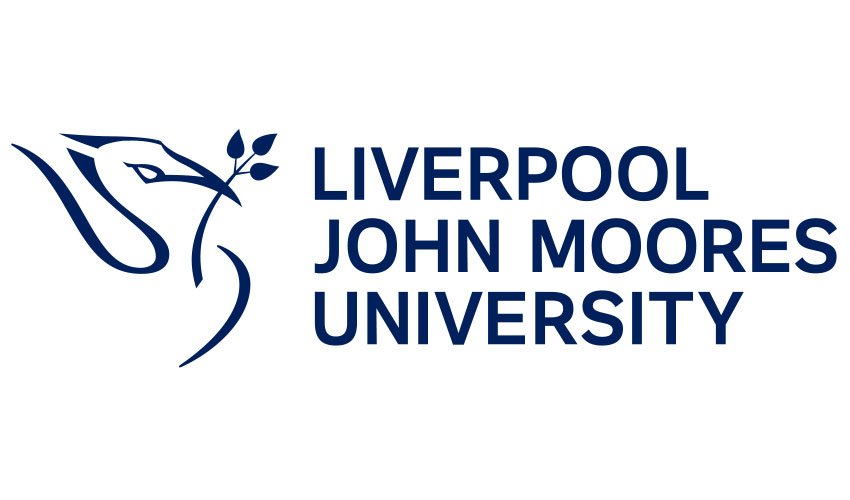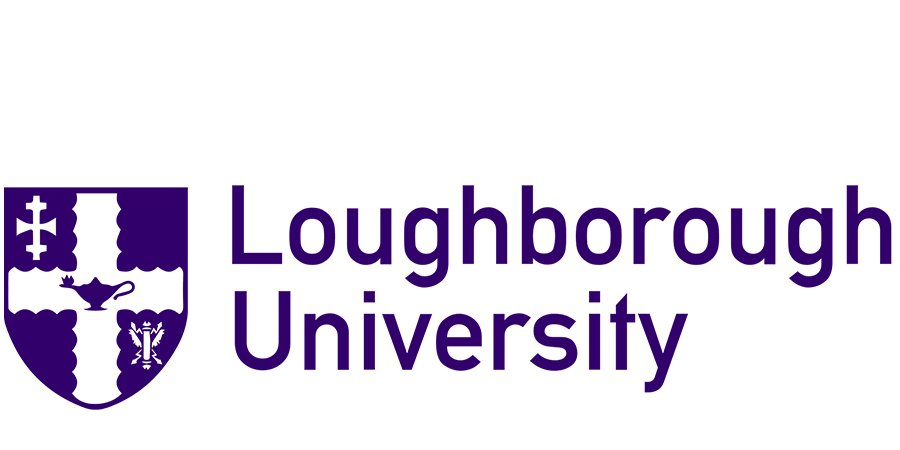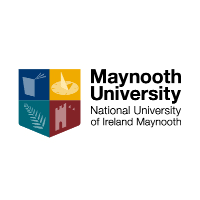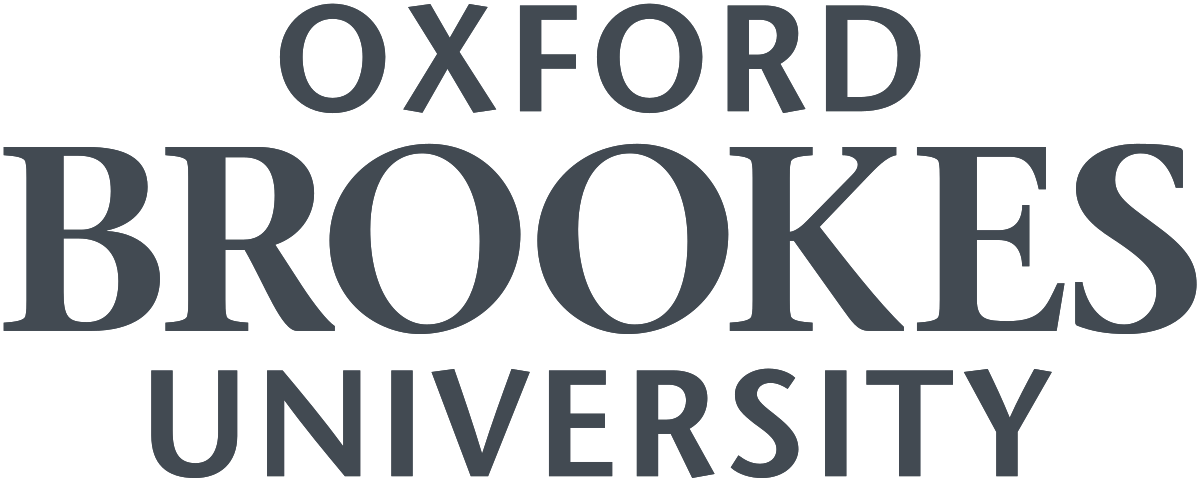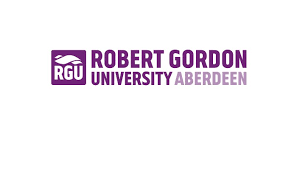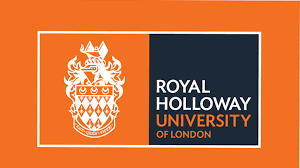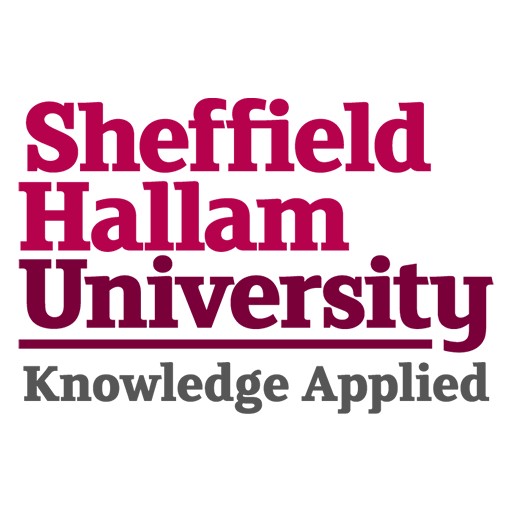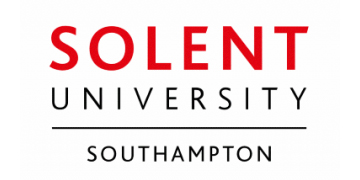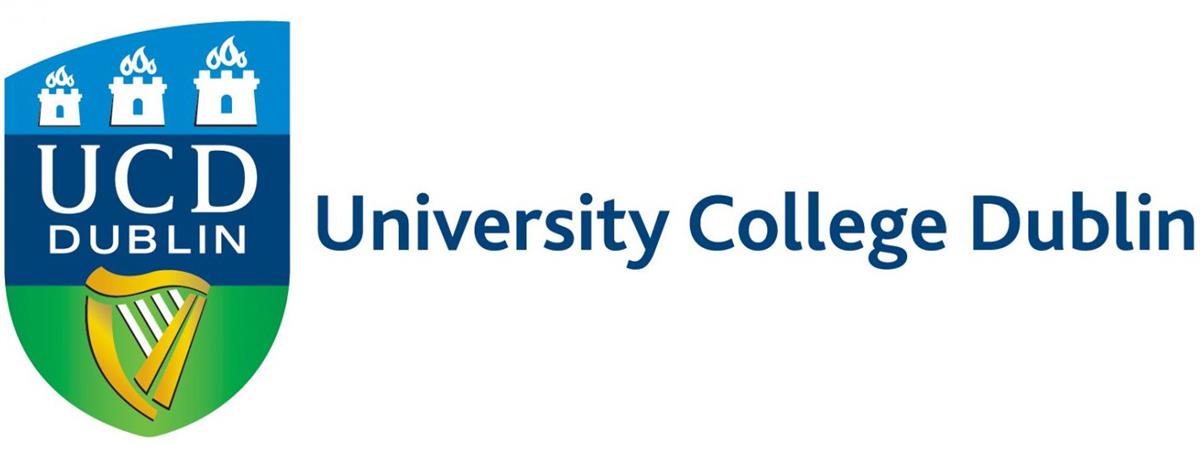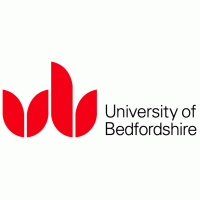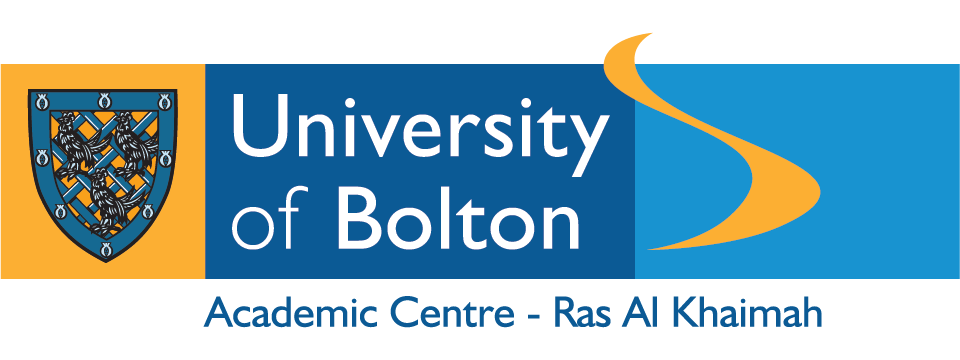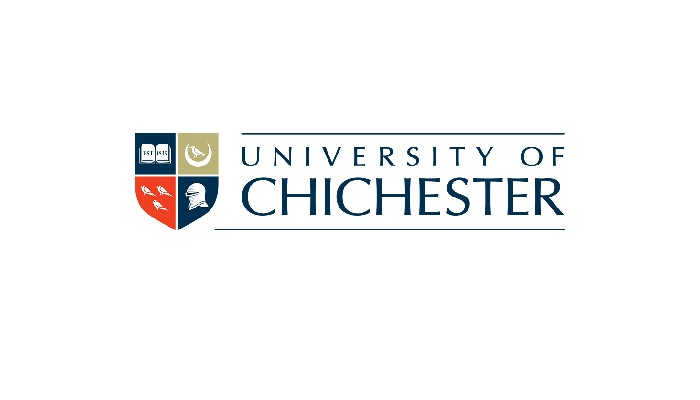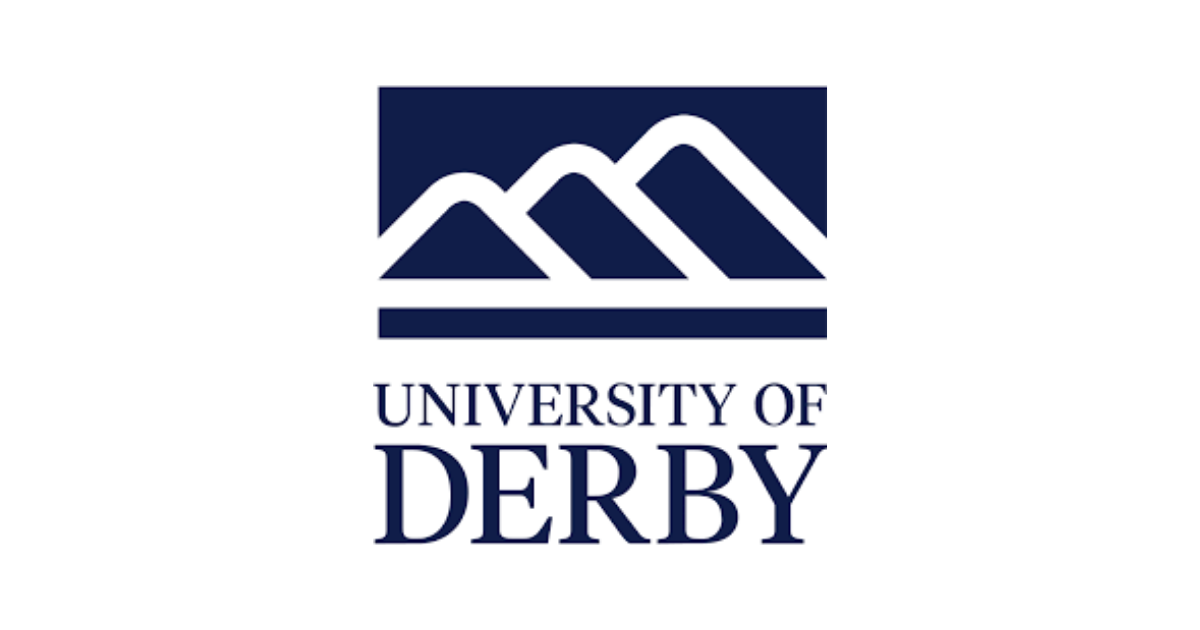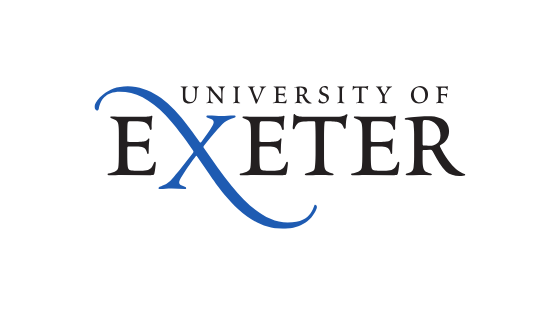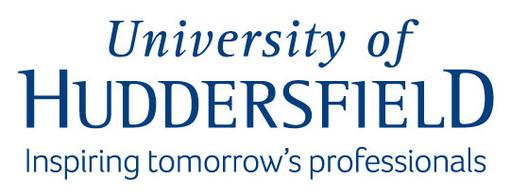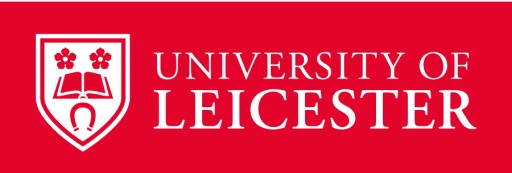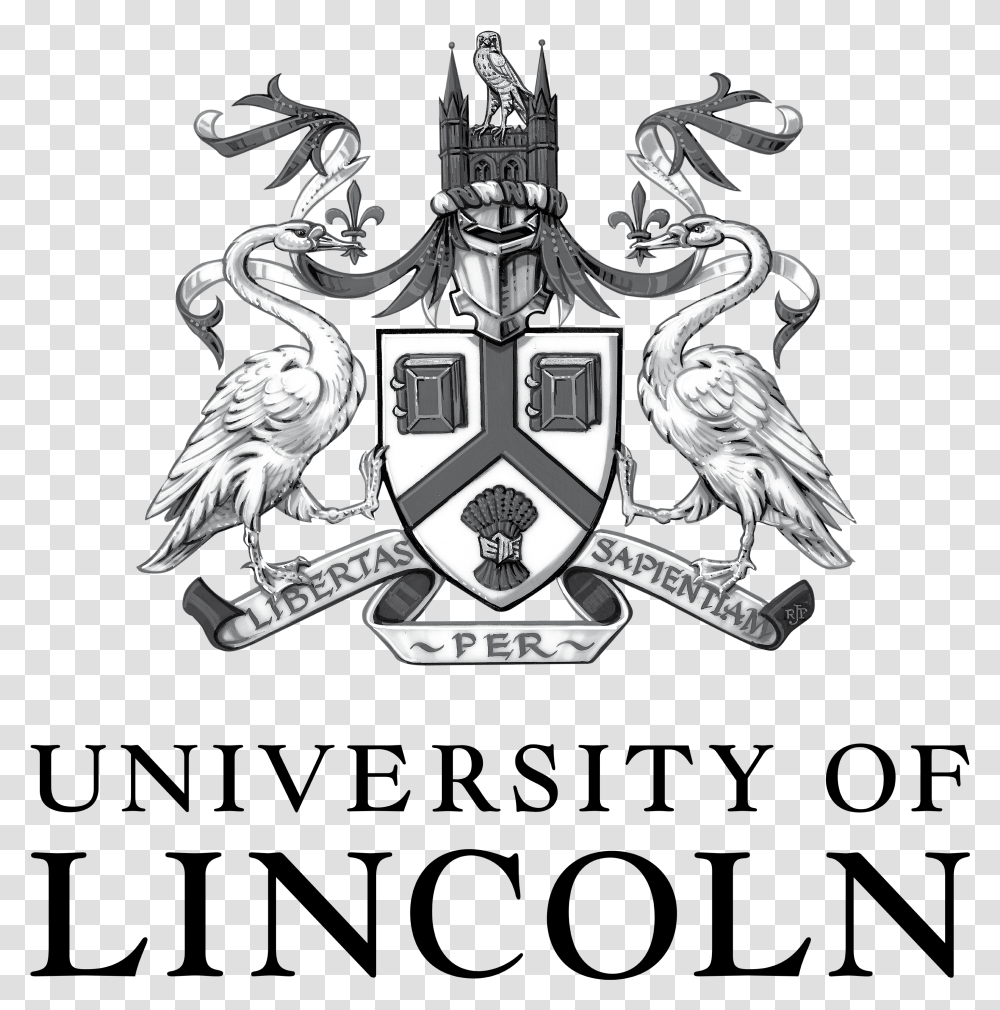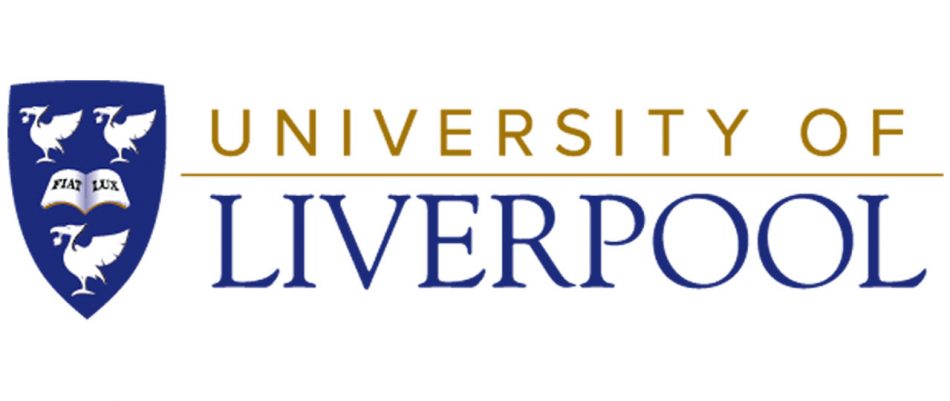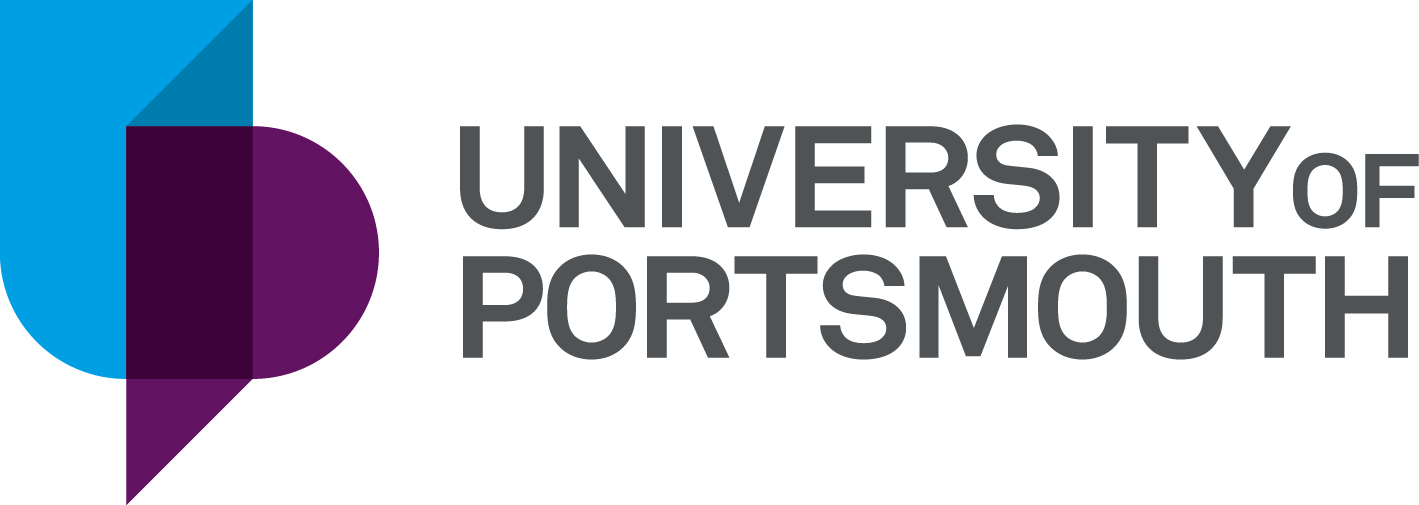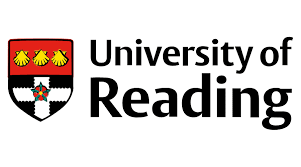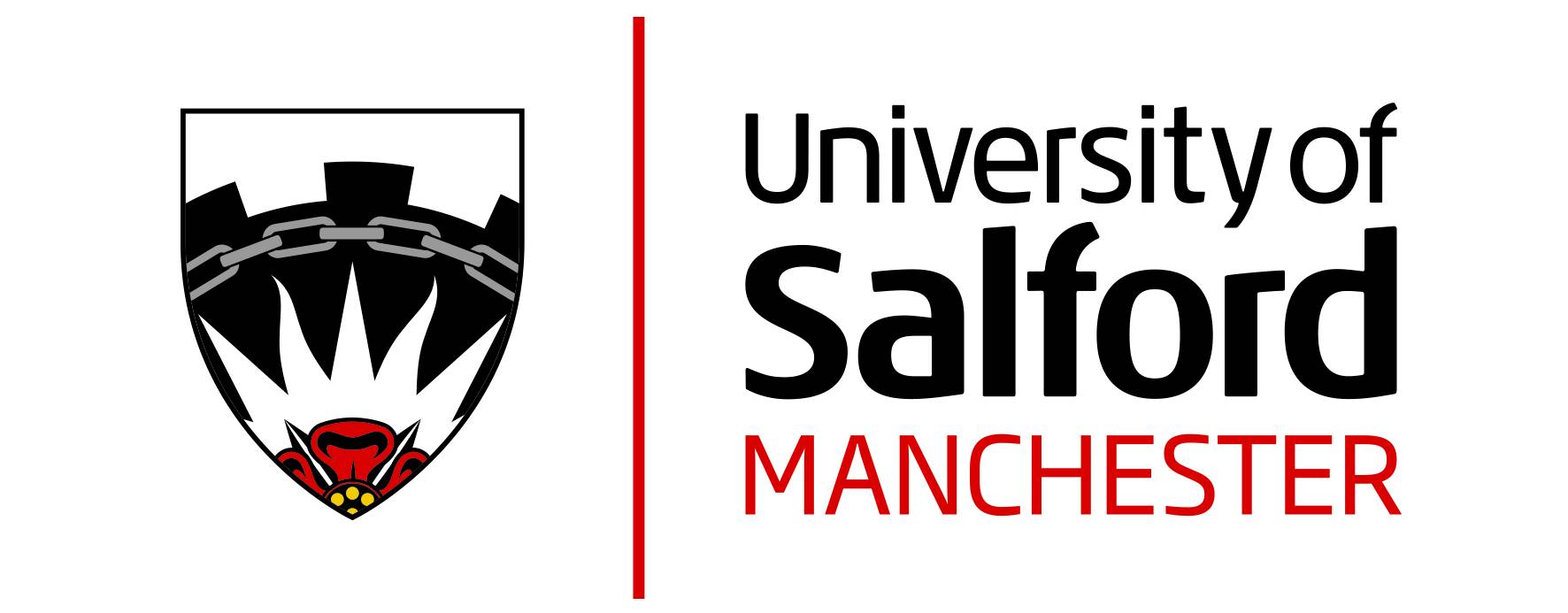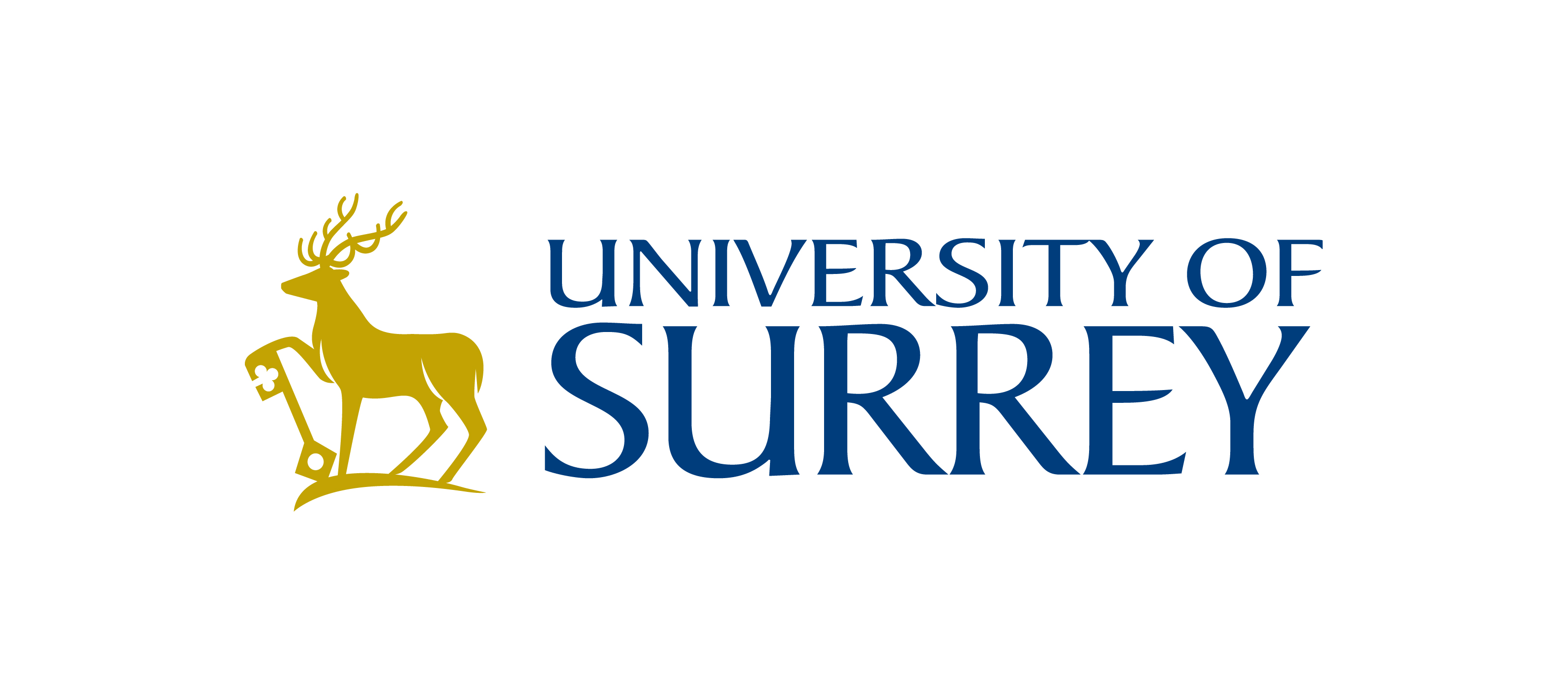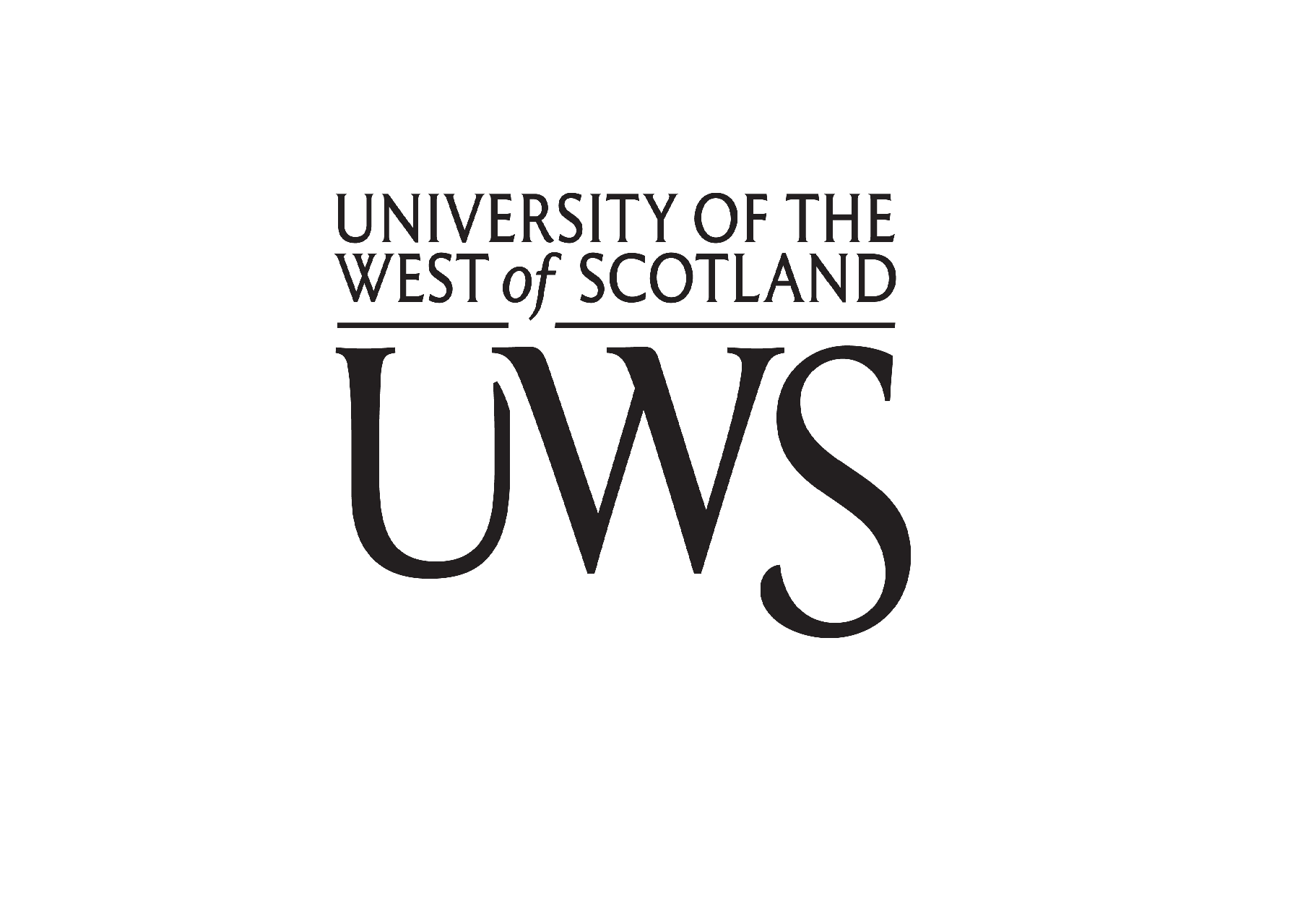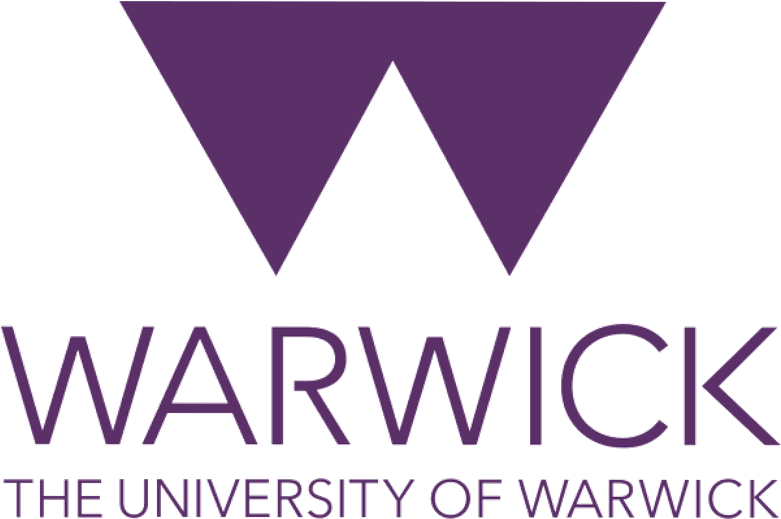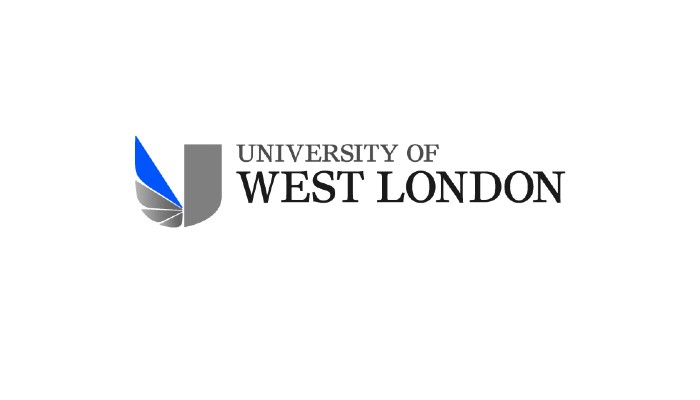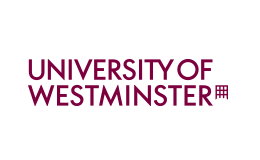Digital Marketing Course Abroad: Unlock Global Opportunities
Are you an Indian student passionate about the dynamic world of online business? Studying Digital Marketing abroad can be your gateway to a thriving career in one of the fastest-growing industries. With the global digital economy booming, professionals skilled in digital strategies are in high demand. This course equips you with the tools to navigate search engines, social media, and data analytics, helping brands connect with audiences worldwide. For Indian students, pursuing this abroad means accessing world-class education, cutting-edge technology, and international networks that can supercharge your career back home or globally.
Digital Marketing isn't just about posting on Instagram or running ads—it's a blend of creativity, technology, and strategy. As India’s digital market explodes with over 800 million internet users, the need for skilled marketers is immense. Studying abroad exposes you to advanced practices, diverse consumer behaviors, and ethical standards that go beyond local curricula. Whether you're aiming to work for tech giants like Google or launch your own startup, this course prepares you for it all.
Why Study Digital Marketing Abroad?
Choosing to study Digital Marketing overseas offers unparalleled advantages, especially for ambitious Indian students. Here's why it's a smart move:
- Global Perspective: Learn how digital campaigns vary across cultures—from the fast-paced US markets to the innovative approaches in Europe. This broadens your worldview and makes you adaptable in multinational companies.
- Advanced Resources: Access state-of-the-art tools like AI-driven analytics software and VR for marketing simulations, which may not be as readily available in India.
- Industry Connections: Many programs include internships with leading firms like Facebook, Amazon, or local agencies, giving you real-world experience and a foot in the door for jobs.
- Higher Employability: International degrees from accredited universities boost your resume, with graduates often earning 20-50% more than those with domestic qualifications.
- Scholarships and Funding: Countries like the UK and Australia offer scholarships tailored for Indian students, reducing financial barriers.
Imagine applying SEO strategies learned in a London classroom to optimize an Indian e-commerce site— that's the power of global education.
Top Destinations for Digital Marketing Courses
For Indian students, selecting the right destination is key. Here’s a comparison of popular countries offering top-tier Digital Marketing programs:
| Country | Popular Universities | Duration & Cost (INR approx.) | Key Highlights |
|---|---|---|---|
| USA | New York University (NYU), University of Southern California (USC) | 1-2 years; 25-40 lakhs | Focus on tech innovation; strong ties to Silicon Valley; post-study work visa up to 3 years. |
| UK | University of Westminster, King's College London | 1 year; 15-25 lakhs | Emphasis on creative digital strategies; 2-year graduate route visa; proximity to Europe's ad hubs. |
| Canada | University of Toronto, Seneca College | 1-2 years; 18-30 lakhs | Affordable living; practical co-op programs; pathway to permanent residency. |
| Australia | RMIT University, University of Sydney | 1-2 years; 20-35 lakhs | Hands-on digital media courses; 2-4 year post-study work rights; vibrant multicultural environment. |
Each destination caters to different preferences— the USA for cutting-edge tech, the UK for quick programs, Canada for affordability, and Australia for work-life balance. Indian students often find welcoming communities and Indian diaspora support in these places.
Course Structure and Curriculum
Digital Marketing courses abroad are designed to be comprehensive yet flexible, blending theory with practice. Most programs are offered as Bachelor's (3-4 years), Master's (1-2 years), or postgraduate diplomas (6-12 months), allowing you to choose based on your background.
A typical Master's in Digital Marketing curriculum includes:
- Core Modules:
- Search Engine Optimization (SEO) and Pay-Per-Click (PPC) Advertising
- Social Media Marketing and Content Strategy
- Email Marketing and Customer Relationship Management (CRM)
- Digital Analytics using tools like Google Analytics and Adobe Analytics
- Advanced Topics:
- Data Privacy and Ethics in Digital Campaigns (GDPR compliance)
- E-commerce and Mobile Marketing
- AI and Machine Learning in Marketing
- Brand Management in the Digital Age
- Practical Components:
- Capstone Projects: Develop a full digital campaign for a real brand.
- Internships: 3-6 months with agencies or corporations.
- Certifications: Integrated training for Google Ads, HubSpot, or Facebook Blueprint.
The curriculum emphasizes hands-on learning, with case studies from global brands like Nike or Coca-Cola. For Indian students, electives on emerging markets (like India's digital boom) are often available, bridging local and international insights.
Essential Skills You'll Gain
By the end of your course, you'll be proficient in skills that employers crave. These include:
- Strategic Planning: Crafting data-driven marketing plans to achieve ROI.
- Technical Proficiency: Mastering platforms like SEMrush, Hootsuite, and Tableau for analytics.
- Creative Content Creation: Designing engaging visuals, videos, and copy that resonate globally.
- Consumer Insights: Using A/B testing and user behavior analysis to personalize experiences.
- Leadership and Soft Skills: Team collaboration, presentation, and cross-cultural communication—vital for Indian professionals in diverse teams.
These skills not only prepare you for certifications but also for agile roles in a post-pandemic digital landscape.
Career Opportunities After Graduation
The job market for Digital Marketers is exploding, with the global industry projected to reach $786 billion by 2026. As an Indian graduate with an international degree, you'll stand out.
Popular Job Roles:
- Digital Marketing Manager: Oversee campaigns; average salary abroad: $70,000-$100,000 USD (50-80 lakhs INR).
- SEO Specialist: Optimize websites; starting salary in India: 6-12 lakhs INR, abroad: higher with experience.
- Social Media Strategist: Build online communities; freelance opportunities abound for returning Indians.
- Content Marketer: Create viral content; roles at firms like Accenture or Indian startups like Flipkart.
- Analytics Consultant: Interpret data for business decisions; high demand in consulting giants like Deloitte.
Many alumni return to India for roles in booming sectors like fintech (Paytm) or e-commerce (Amazon India), while others stay abroad on work visas. Networking events during your studies often lead to placements, with 80-90% employability rates in top programs.
Why This is Ideal for Indian Students
As an Indian student, studying Digital Marketing abroad aligns perfectly with your aspirations. India's digital ad spend is set to hit $21 billion by 2025, creating millions of jobs. An international qualification gives you an edge over local graduates, especially in competitive fields.
Benefits tailored for you:
- Cultural Adaptation: Courses include modules on global vs. Indian consumer behavior, helping you market to desi audiences effectively.
- Financial Support: Part-time work (up to 20 hours/week) in countries like Canada covers living costs; scholarships like Chevening (UK) for Indians available.
- Visa Pathways: Post-study work options allow you to gain experience before deciding to return or settle.
- Community and Support: Indian student societies provide mentorship, from visa tips to homesickness remedies.
Plus, the exposure to ethical marketing practices ensures you contribute positively to India's digital growth without pitfalls like misinformation.
How to Get Started: Application Tips
Ready to apply? Follow these steps:
- Research Programs: Use sites like QS Rankings or Studyportals to shortlist universities.
- Prepare Documents: Academic transcripts, IELTS/TOEFL scores (6.5+ band), SOP highlighting your interest in digital trends.
- Secure Funding: Apply for education loans from Indian banks like SBI or scholarships via university portals.
- Visa Application: Gather proof of funds and ties to India; success rates are high for genuine students.
- Seek Guidance: Consult study abroad counselors for personalized advice.
With determination, your Digital Marketing journey abroad can transform your future. Start exploring today and step into a world of endless possibilities!







